“The truth is that there is a tsunami of money being directed at ESG investments,” he said, referring to investments that take environmental, social and governance factors into account.
Even if the fundamental value of the asset doesn’t go up, the supply-demand equation remains, Gupta told Martin Soong during the virtual CNBC Evolve Global Summit on Wednesday.
Responding to a question on whether sustainable investing is just a trend, or if it’s a long-term strategy, the CEO suggested that, either way, the investment is likely to reap good returns.
If you were to create a basket of ESG stocks, you would typically pick up high-performing companies in any event, and that’s not a bad investment profile to havePiyush GuptaDBS GROUP CEO
“You cannot do too badly being in … a basket of ESG assets, just because there’s going to be a trillion dollars more coming into that asset class,” said Gupta, a member of CNBC’s ESG Council. “If nothing else, that’s going to take prices up.”
Another factor that bodes well for sustainable investing is that companies that focus on ESG “tend to be high-performing companies,” he said.
“Therefore, if you were to create a basket of ESG stocks, you would typically pick up high-performing companies in any event, and that’s not a bad investment profile to have,” he added.
Gupta said investors — both private and institutional — are starting to be intentional about choosing investments that are socially responsible or that promote environmental sustainability.
“A lot of customers are wanting to be able to express a choice in terms of the kinds of investments they want to do,” he said.
“It’s even more visible in the institutional investor space,” he said, noting that sovereign wealth funds often have policies on sectoral choices and where they want to put their money.
“In many cases, people are happy to go ESG if they can get at least the same market return as a non-ESG investment — but it’s not clear how many of them will be willing to take a compromise and go for a lower-return product,” said Gupta. “That’s still to be tested.”
Corporate governance
Speaking at the same CNBC Evolve panel, Li Yimei, the CEO of China Asset Management, said that in the past decade or so, there has been a great improvement in corporate governance and how shareholders are valued in China.
Li, who is also on the CNBC ESG Council, said state-owned companies now engage their investors on a regular basis, and top executives talk to small investors through social media and conferences.
“We do believe that we have seen progress,” she said.
Gupta from DBS agreed, but said there are still gaps in Asia.
“Frankly, the rest of the world is going there now — a recognition that … you need to make sure that you have a responsibility to other communities, societies (and) taxpayers,” he said.
The idea that corporate governance is only about shareholders is shifting, Gupta said.
“The rubric is changing, and within the … changing rubric, a lot of Asian companies actually don’t do too badly,” he said.







